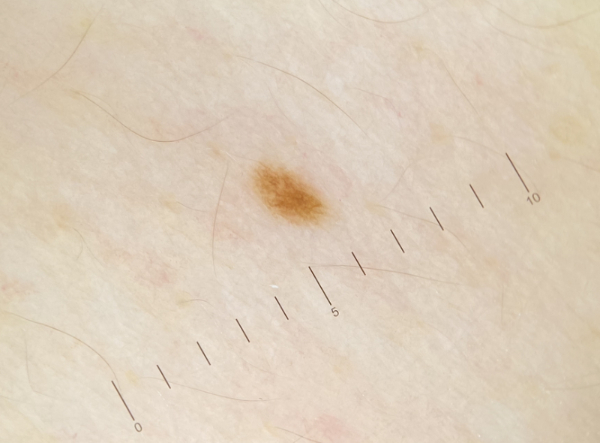Rare Rabies Virus Detected in UK Bat Following Fatal Case Abroad

In a concerning development, the European Bat Lyssavirus-1 (EBLV-1), a strain of the rabies virus, has been detected in a bat found in a garden in Shorwell on the Isle of Wight, United Kingdom. This discovery follows the tragic death of Yvonne Ford, a 59-year-old grandmother from Barnsley, South Yorkshire, who succumbed to rabies after being scratched by a stray puppy during a vacation in Morocco. Ford's case, which has raised alarms about the potential for rabies exposure in the UK, demonstrates the continued relevance of this lethal virus even in regions considered rabies-free.
The bat was discovered by a local resident who, after finding the animal injured, safely contained it in a shoebox and contacted the Isle of Wight Bat Hospital. Following tests conducted by officials from the Department for Environment and Rural Affairs (Defra), it was confirmed that the bat tested positive for EBLV-1. In response to the findings, the bat was humanely euthanized to prevent any potential transmission of the virus. According to Defra, there is no evidence that the bat had transmitted the virus to humans or other pets in the vicinity.
Rabies is a viral disease primarily transmitted through the bites or scratches of infected animals, with domestic dogs being the most common carriers globally. In the UK, however, rabies is not endemic, and the presence of EBLV-1 is extremely rare, having only been recorded in a handful of bats since 1986. Dr. Katherine Russell from the UK Health Security Agency emphasized, "Human cases of rabies are extremely rare in the UK, and worldwide, there are no documented instances of direct human-to-human transmission."
The recent case involving Yvonne Ford serves as a grim reminder of the seriousness of rabies, particularly for travelers to regions where the disease is prevalent. Ford had initially dismissed the scratch from the puppy as minor, but her condition deteriorated rapidly over the following weeks, culminating in severe neurological symptoms and ultimately her death. Her daughter, Robyn Thomson, has since become an advocate for raising awareness about the risks associated with animal interactions while traveling, stating, "We are choosing to speak up in the hope of preventing this from happening to others."
Health experts, including Alex Morss from the Bat Conservation Trust, reiterated that while the EBLV-1 strain can cause rabies-like symptoms, the overall risk to the public remains low. Morss stated, "There is no risk to human health if you do not handle British bats, even if they are roosting in buildings you use. No action should be taken to disturb or harm any wild bats or their roosts."
The NHS advises that individuals who are bitten or scratched by any animal in rabies-endemic countries should wash the wound immediately and seek medical attention without delay. Rabies vaccinations are highly effective when administered promptly after exposure.
The case of the bat and the tragic loss of Yvonne Ford highlight the importance of awareness regarding rabies, especially for those traveling abroad. It serves as a cautionary tale reminding the public of the need to take all animal bites and scratches seriously, regardless of the location. The Bat Conservation Trust encourages anyone who has had contact with bats to contact the National Bat Helpline for guidance and assistance.
As the investigation continues, health officials urge caution and recommend that individuals remain vigilant about potential rabies exposure, particularly in light of the recent cases. The implications of these developments extend beyond individual health, underscoring the need for continued public education on the risks associated with wildlife interactions both domestically and abroad.
Advertisement
Tags
Advertisement





